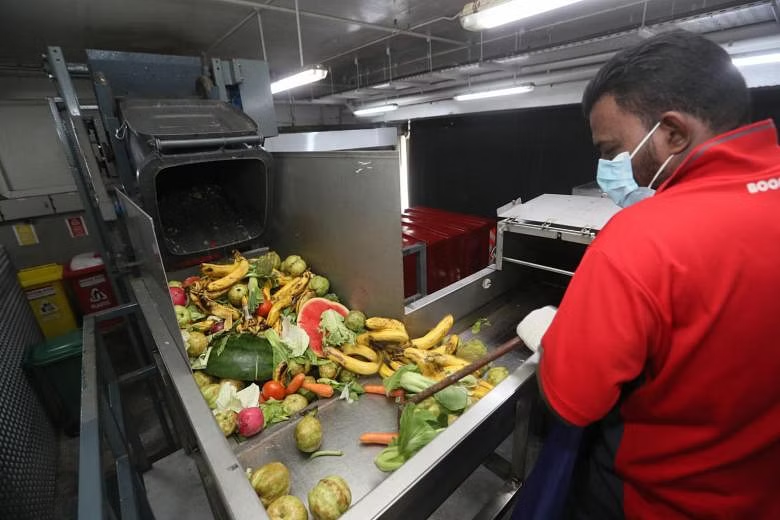Food waste disposal is a basic issue in urban situations, and Singapore is no special case. As a thickly populated city-state with constrained arrival assets, Singapore has actualized rigid directions and imaginative methodologies to oversee food waste successfully. Understanding these controls is fundamental for businesses, families, and teachers to comply with the law and contribute to the country’s supportability goals for food waste disposal singapore.
Overview of Food Waste in Singapore
Singapore produces roughly 744,000 tons of food waste yearly. This noteworthy sum highlights the requirement for effective waste management systems. To handle this, Singapore’s National Environment Agency (NEA) has created a comprehensive system centering on decreasing food waste at the source, redistributing overflow nourishment, and recycling unavoidable food waste with food waste disposal singapore.
Key Directions and Initiatives
-
Mandatory Waste Reporting and Segregation
In 2019, the Resource Sustainability Act was sanctioned, which commands huge commercial and industrial premises to segregate food waste for treatment. By 2024, the Act will amplify all huge food waste generators, counting inns and shopping centers, requiring them to report their waste information and execute legitimate isolation practices.

-
Food Waste Treatment Facilities
To back the segregation order, NEA advances the foundation of on-site nourishment waste treatment frameworks, such as anaerobic digesters and composters. These offices change food waste into biogas or compost, diminishing the sum of waste sent to cremation plants. Businesses are empowered to introduce these frameworks to oversee their squander sustainably.
-
Surplus Nourishment Redistribution
The government energizes the gift of excess nourishment to organizations like Food Bank Singapore and Food from the Heart. These charities convey consumable food to those in require, decreasing waste and making a difference for the less blessed. Businesses must guarantee that given food meets security measures to avoid wellbeing risks.
-
Public Mindfulness and Education
NEA conducts open mindfulness campaigns to teach citizens to decrease food waste at the family level. These activities incorporate advancing the “Cherish Your Food” campaign, which gives tips on feast arranging, legitimate capacity, and inventive ways to utilize scraps. Schools and community centers moreover take part in these programs to instill maintainable propensities from a young age.
-
Innovative Innovations and Research
Singapore is contributing to investigation and advancement to discover imaginative arrangements for food waste management. Innovations such as shrewd containers, which can screen and optimize waste transfer, and bioconversion, which turns food waste into important assets like creature feed and biofuels, are being investigated. These headways point to making a more proficient and feasible waste management system.
Compliance and Enforcement
To guarantee compliance with these controls, NEA conducts customary reviews and reviews. Non-compliance can result in fines and other punishments. Businesses are energized to work closely with waste management suppliers to adjust their practices with administrative prerequisites.
